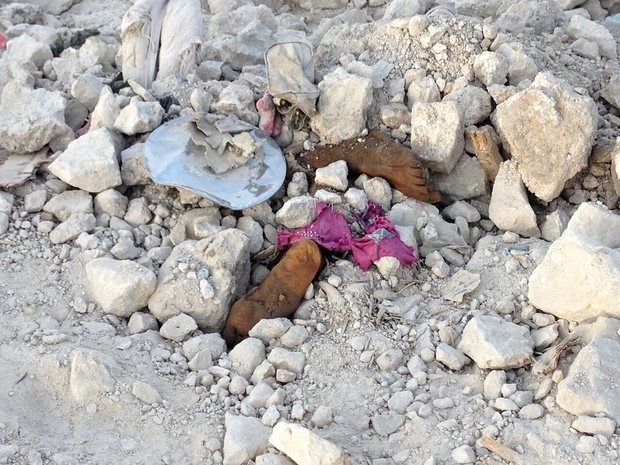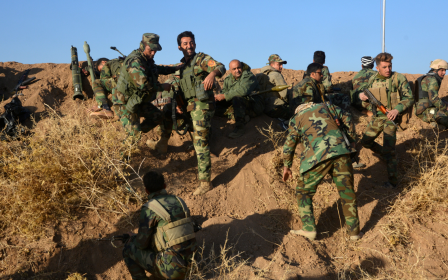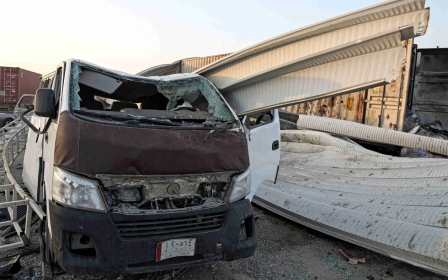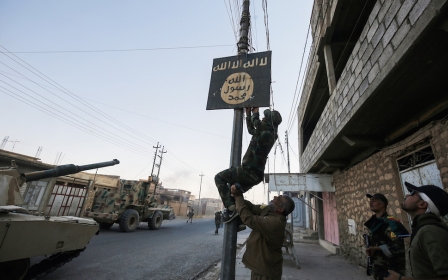More than 2,500 civilians died in battle for Mosul: UN report
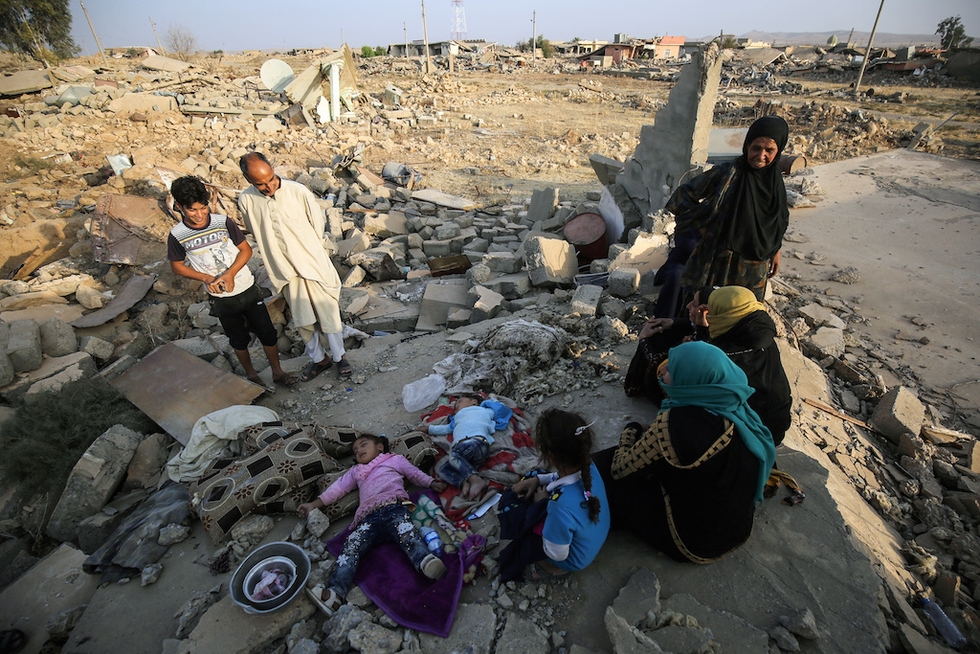
At least 2,521 civilians were killed during the nine-month battle of Mosul including 741 people who were executed by Islamic State, a UN human rights report said on Thursday.
While most died as a result of Islamic State attacks, the UN report called on Iraqi authorities to investigate alleged human rights violations committed by Iraqi-backed forces during the operation. It also called for a separate investigation into air strikes by the international coalition.
It said the UN had recorded 461 civilian deaths from air strikes during the most intensive phase of the battle, from 19 February.
The report said Iraq is not capable of trying atrocities committed by Islamic State during the battle for Mosul so it must find other routes to justice such as the International Criminal Court (ICC).
"Iraqi courts and tribunals do not have jurisdiction over international crimes (such as genocide, crimes against humanity and war crimes) - and prosecutors, police investigators and judges lack capacity to...(investigate), charge and try persons in relation to such crimes," it said.
In addition, Iraqi law did not do enough to guarantee due process or fair trials, it said.
Accepting the jurisdiction of the Hague-based ICC and finding other ways to ensure crimes were tried by a competent court "would reassure the international community that Iraq is serious about ensuring the accountability of individuals who have committed international crimes", it said.
Ensuring justice was key to rebuilding trust and reconciliation, it said.
Middle East Eye documented a number of potential human rights abuses during the fighting in Mosul.
Military commanders in the city admitted to having killed IS suspects indiscriminately.
"There are many civilians among the bodies," an Iraqi army major told MEE. "After liberation was announced, the order was given to kill anything or anyone that moved."
Speaking on condition of anonymity, the major said the orders were wrong, but the military had to follow them.
"It was not the right thing to do," he said.
"Most of the Daesh fighters surrendered. They gave themselves up, and we just killed them."
He also admitted that they were taking very few prisoners.
"We have plenty of prisons, but now we are not treating the prisoners like we did before," he said.
"Earlier in this war, we arrested a lot of Daesh and brought them to the intelligence services. But now, we make very few arrests."
Middle East Eye propose une couverture et une analyse indépendantes et incomparables du Moyen-Orient, de l’Afrique du Nord et d’autres régions du monde. Pour en savoir plus sur la reprise de ce contenu et les frais qui s’appliquent, veuillez remplir ce formulaire [en anglais]. Pour en savoir plus sur MEE, cliquez ici [en anglais].


